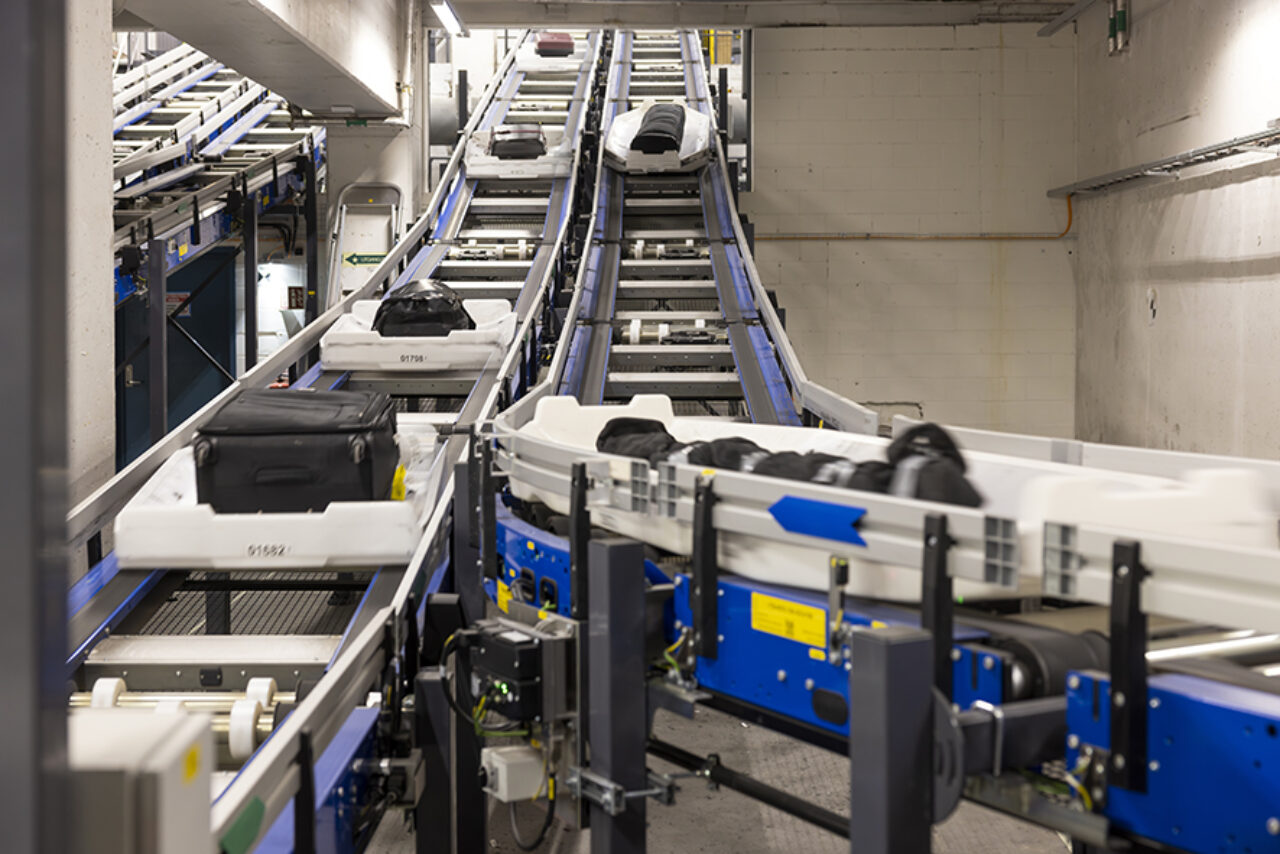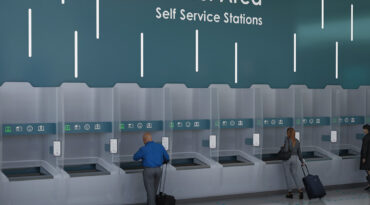3. Sustainable design for long-term impact
ICS systems are engineered for efficiency. Their modular design and reduced number of parts, compared to conventional conveyors, make them far easier to maintain. Over time, this leaner design supports a more sustainable operational footprint.
4. Improves workplace safety and job quality
The ICS reduces the physical toll and injury risk of the BHS workers. Instead of heavy lifting and repetitive tasks, the BHS workers monitor the system – a boost for their well-being and career growth. So if you’re looking to align your HR ambitions with your sustainability goals, download our e-book and find out how your ICS can play an important role.
5. Enhancing the passenger experience
Lost luggage is a major passenger pain point – and a key contributor to emissions from secondary flights and re-routing. ICS delivers 100 percent track & trace capabilities, which has virtually eliminated mishandled baggage. The passengers are accordingly much happier.
6. Strengthens compliance and transparent reporting
An ICS gives airports full visibility across baggage system operations, providing real-time data on tracking, energy use and efficiency. This supports stronger governance, regulatory compliance (IATA Resolution 753 and more), and more accurate ESG reporting – a huge benefit for airports aligning with the UN Sustainable Development Goals or responding to investor expectations.
TAKEAWAY
ICS is more than a baggage handling system, it’s a strategic enabler for ESG progress. From reducing emissions and improving work conditions to delivering transparent reporting, it’s an upgrade that helps airports meet today’s performance targets while building resilience for the future.








